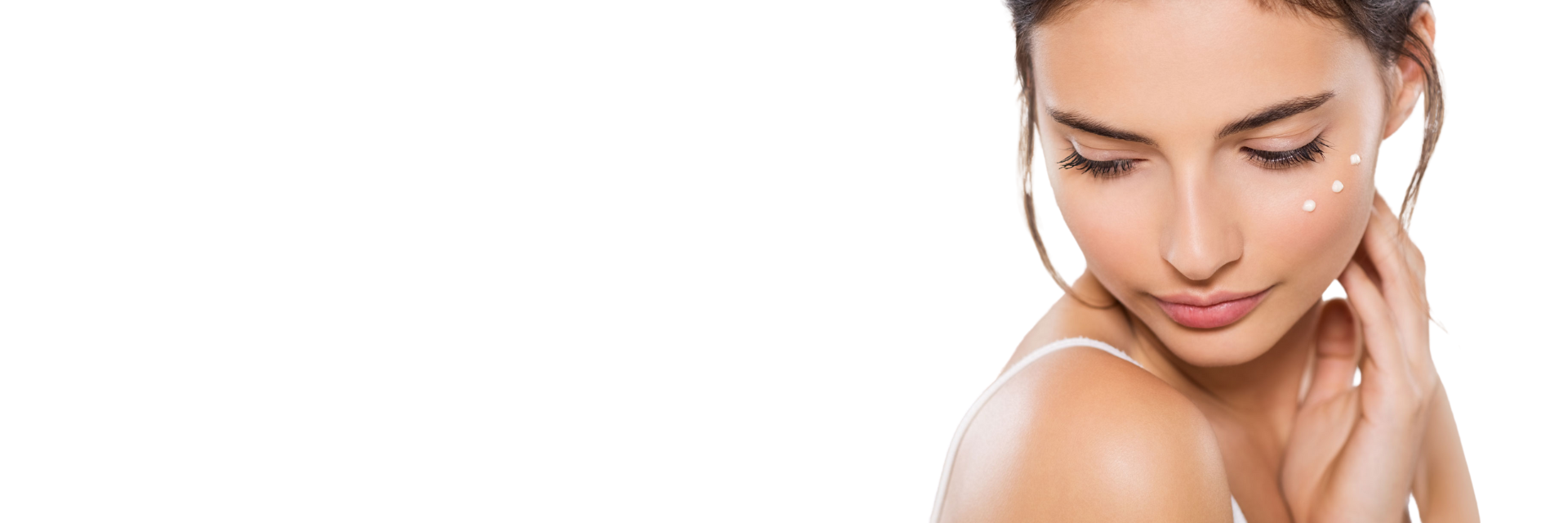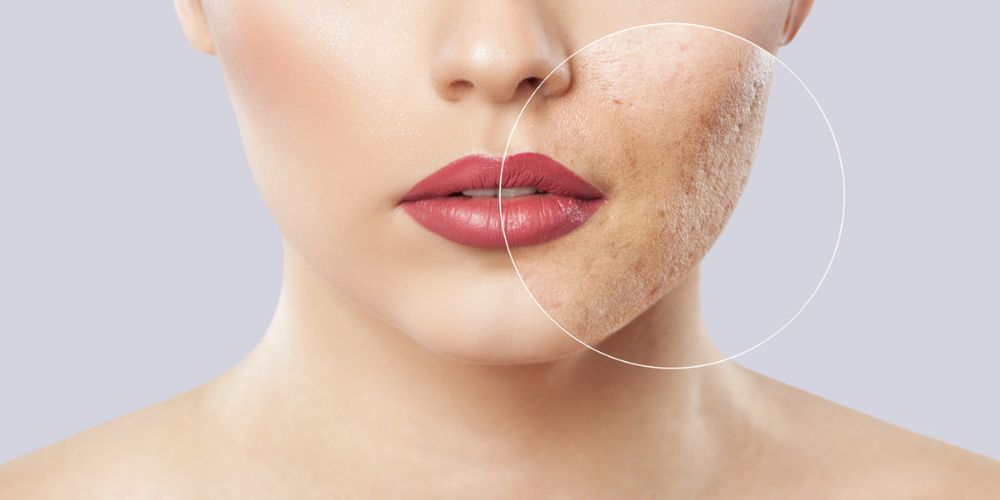Acne Scars & Pigmentation
Acne scars and pigmentation issues can be a source of frustration and self-consciousness for many individuals. Fortunately, advancements in dermatology have led to the establishment of specialized clinics dedicated to addressing these concerns. Zafeerah Skin Clinic is an expert in acne scars and pigmentation treatment. We will help you clear your skin and achieve your perfect skin texture.
Symptoms of Acne Scars & Pigmentation
Acne scars and pigmentation problems manifest in various ways, including:
- Scars: Appearance of depressed or raised areas on the skin, ranging from shallow pits to deeper craters. They often result from severe acne breakouts that damage the skin's collagen and tissue.
- Hyperpigmentation: This condition causes dark patches or spots on the skin, typically occurring after inflammation or injury. Post-inflammatory hyperpigmentation (PIH) is common after acne lesions heal.
- Hypopigmentation: In contrast, hypopigmentation leads to lighter areas of skin due to a decrease in melanin production. It can also occur after skin trauma or certain treatments.
When to See a Doctor ?
It's advisable to consult a dermatologist or visit an acne scars and pigmentation clinic if:
- Acne scars or pigmentation changes are causing emotional distress or affecting self-esteem.
- Home remedies or over-the-counter products are ineffective in improving the condition.
- Signs of infection, like redness, swelling, or discharge from the affected area.
- You have a history of severe acne or skin conditions that may require specialized treatment.
Causes of Acne Scars & Pigmentation
Several factors contribute to the development of acne scars and pigmentation issues, including:
- Acne Breakouts: Prolonged or severe acne can lead to scarring and pigmentation changes, especially if the lesions are manipulated or picked.
- Genetics: Some people are more prone to developing scars or pigmentation problems due to genetic factors influencing skin healing and melanin production.
- Skin Type: People with darker skin tones (Fitzpatrick skin types IV-VI) are more susceptible to hyperpigmentation, while lighter skin tones may experience hypopigmentation.
- Inflammatory Response: Excessive inflammation during acne flare-ups can disrupt melanin production, leading to pigmentation irregularities.
- Improper Skincare: Using harsh skincare products or picking at acne lesions can exacerbate scarring and pigmentation issues.
Non-Surgical Interventions
Acne scars and pigmentation problems can often be improved through non-surgical treatments, such as:
- Topical Treatments: Prescription creams containing ingredients like retinoids, hydroquinone, or azelaic acid can help fade pigmentation and improve skin texture.
- Chemical Peels: These treatments involve exfoliating dead cells using chemicals. The technique also stimulates collagen production, reducing the appearance of scars and pigmentation.
- Microdermabrasion: This procedure uses a device to gently exfoliate the outer or upper layer of the skin, enhancing cell turnover and improving skin texture.
- Microneedling: This technique stimulates collagen production and can help reduce the depth of acne scars.
- Laser Therapy: It targets pigmentation and stimulates skin rejuvenation.
Surgical Interventions
In cases where non-surgical treatments are insufficient, surgical interventions may be considered, including:
- Punch Excision: This procedure involves removing individual acne scars using a small surgical tool (punch biopsy).
- Subcision: A technique used to break up scar tissue beneath the skin's surface, helping to release tethered scars and improve skin texture.
- Dermal Fillers: Injecting fillers, such as hyaluronic acid, can help raise depressed scars and create a smoother skin surface.
- Laser Resurfacing: Advanced laser technologies can be used to precisely target scars and stimulate collagen production for smoother skin.
Risk Factors and Complications
Some factors can increase the risk of developing severe acne scars or pigmentation issues, including:
- Delayed Treatment
- Picking or Squeezing Acne
- Sun Exposure
- Underlying Skin conditions such eczema or psoriasis
Complications associated with treatments for acne scars and pigmentation are rare but may include temporary redness, swelling, or skin sensitivity following procedures like chemical peels or laser therapy.
Prevention of Acne Scars & Pigmentation
While not all acne scars and pigmentation issues can be prevented, certain measures can help minimize their severity:
- Early Acne Treatment
- Gentle Skincare
- Sun Protection using Sunscreen
- Avoiding Irritants
FAQs about Acne Scars & Pigmentation
While complete removal may not always be possible, various treatments can significantly improve the appearance of acne scars.
Laser therapy is generally safe when performed by experienced professionals, but it's essential to follow post-treatment care instructions for optimal results.
Pigmentation problems may recur, especially with sun exposure or inadequate skincare, requiring ongoing maintenance and protection.
Conclusion
Acne scars and pigmentation issues can significantly impact skin appearance and self-confidence. Seeking professional advice from Zafeerah Acne Scars and PPigmentation Clinic can provide personalized treatment plans tailored to your specific concerns. With a combination of non-surgical interventions, surgical options, preventive measures, and diligent skincare, you can effectively manage and improve the appearance of acne scars and pigmentation for smoother, more radiant skin.


